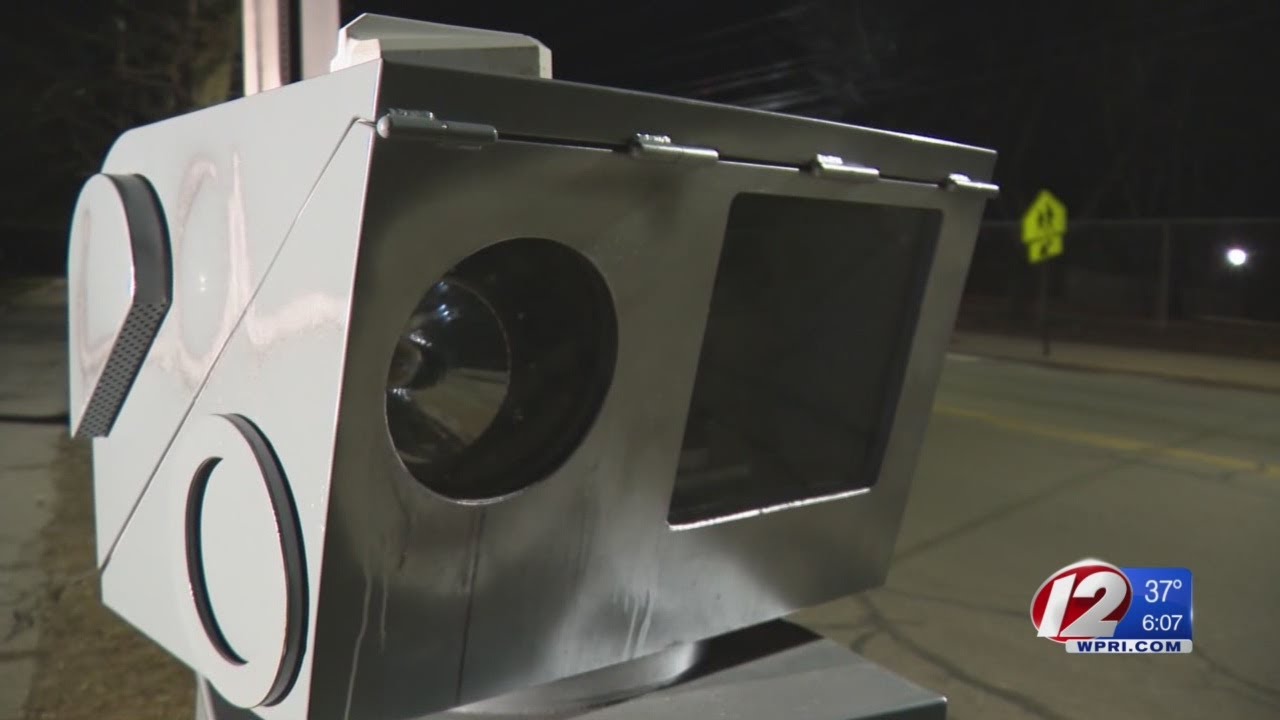Introduction: Speed Cameras in Rhode Island
Speed cameras have become a common sight on roads across the United States, including in the state of Rhode Island. These automated devices, equipped with radar technology, are designed to capture images of vehicles that exceed the speed limit. While their purpose is to enhance traffic safety by deterring speeding, the legality and effectiveness of speed cameras have sparked debates and controversies in various jurisdictions. In this article, we will explore the legal status of speed cameras in Rhode Island, the relevant legislation, their locations and operations, court decisions, public opinion, and the benefits and drawbacks associated with their implementation.
Understanding Traffic Laws in Rhode Island
Before delving into the legality of speed cameras in Rhode Island, it is essential to understand the state’s traffic laws. In Rhode Island, the speed limit on highways is typically 65 miles per hour, while in urban areas, it ranges between 25 and 50 miles per hour, depending on the specific location. Additionally, the state follows the basic speed rule, which requires drivers to operate their vehicles at a speed that is reasonable and prudent based on road conditions, even if it is below the posted speed limit.
The Role of Speed Cameras in Traffic Enforcement
Speed cameras play a crucial role in enforcing traffic laws and promoting road safety. By capturing images of vehicles that exceed the speed limit, these automated devices provide law enforcement agencies with evidence to issue citations to drivers. The goal is to deter speeding, reduce the number of accidents, and protect both drivers and pedestrians. Speed cameras operate continuously, day and night, and can monitor multiple lanes simultaneously, making them a valuable tool in traffic enforcement.
The Legality of Speed Cameras in Rhode Island
The legality of speed cameras in Rhode Island has been a topic of contention. While some argue that they enhance traffic safety, others claim that they infringe upon drivers’ rights and are merely revenue-generating tools for the government. Currently, speed cameras are legal in Rhode Island, but their use is subject to specific regulations and restrictions outlined in state legislation.
Relevant Legislation on Speed Cameras in Rhode Island
The use of speed cameras in Rhode Island is regulated by state legislation. The Automated School-Zone-Speed-Enforcement Program, enacted in 2016, allows municipalities to implement speed cameras within designated school zones. Under this legislation, speed cameras are only permitted within a quarter-mile radius of a school. Additionally, the law requires clear signage to inform drivers of the presence of speed cameras.
Rhode Island Speed Camera Locations and Operations
Speed cameras in Rhode Island are strategically placed in school zones to ensure the safety of students and pedestrians. These cameras are typically mounted on poles or stationary vehicles and are designed to capture the license plates of vehicles that exceed the posted speed limit. Once a violation is detected, the camera captures both images and video footage, including the vehicle’s speed and date and time of the infraction.
Legal Challenges and Court Decisions on Speed Cameras
Despite their legal status, speed cameras in Rhode Island have faced legal challenges. Some drivers have contested the validity of speed camera citations, arguing that they were improperly issued or that the cameras themselves were faulty. However, the courts have generally upheld the use of speed cameras, emphasizing their role in promoting public safety and reducing speeding-related accidents.
Public Opinion and Controversies Surrounding Speed Cameras
Public opinion regarding speed cameras in Rhode Island remains divided. Advocates argue that they have a positive impact on road safety by deterring speeding and reducing accidents. However, critics claim that speed cameras are merely revenue-generating devices that do little to improve safety, as they are often placed in areas with low accident rates. Additionally, concerns about privacy violations and the accuracy of speed camera readings have fueled further controversies.
Benefits and Drawbacks of Speed Camera Implementation
The implementation of speed cameras in Rhode Island has both advantages and disadvantages. On the positive side, speed cameras have the potential to reduce speeding and improve road safety. They operate 24/7, providing continuous enforcement, and do not rely on law enforcement officers to be physically present. However, drawbacks include privacy concerns, potential inaccuracies in camera readings, the perception of speed cameras as revenue generators, and the argument that they may not effectively target the most dangerous areas.
Effectiveness of Speed Cameras in Rhode Island
Determining the effectiveness of speed cameras in Rhode Island requires analyzing data on accident rates and driver behavior. While some studies suggest a reduction in speeding and accidents in areas with speed cameras, others have found mixed results. It is important to consider factors such as driver awareness, enforcement consistency, and the presence of other traffic calming measures when evaluating the impact of speed cameras on road safety in Rhode Island.
Compliance and Enforcement of Speed Camera Tickets
To enforce compliance with speed camera citations, Rhode Island law requires the registered owner of the vehicle to pay the fine or identify the driver responsible for the violation. Failure to comply may result in additional penalties, such as license suspension or registration holds. However, drivers have the right to contest speed camera tickets through an administrative process, which allows them to present evidence or challenge the accuracy of the citation.
Conclusion: The Future of Speed Cameras in Rhode Island
The future of speed cameras in Rhode Island remains uncertain. While they are currently legal and operate within specific guidelines, ongoing debates and legal challenges may influence their continued use in the state. Striking a balance between traffic safety, privacy concerns, and public opinion will be crucial in shaping the future of speed camera implementation in Rhode Island. As technology advances, it is likely that the effectiveness and accuracy of speed cameras will be further scrutinized, potentially leading to adjustments in legislation and regulations surrounding their use.





